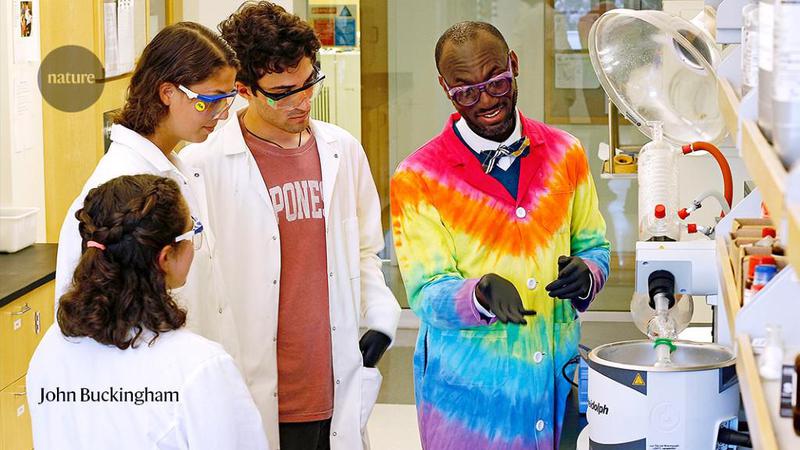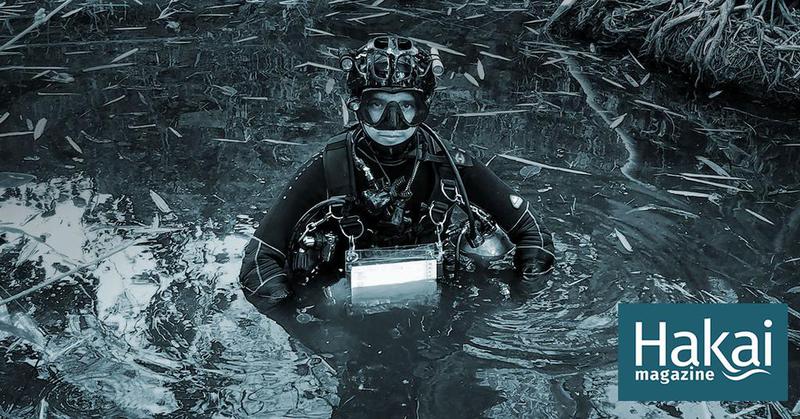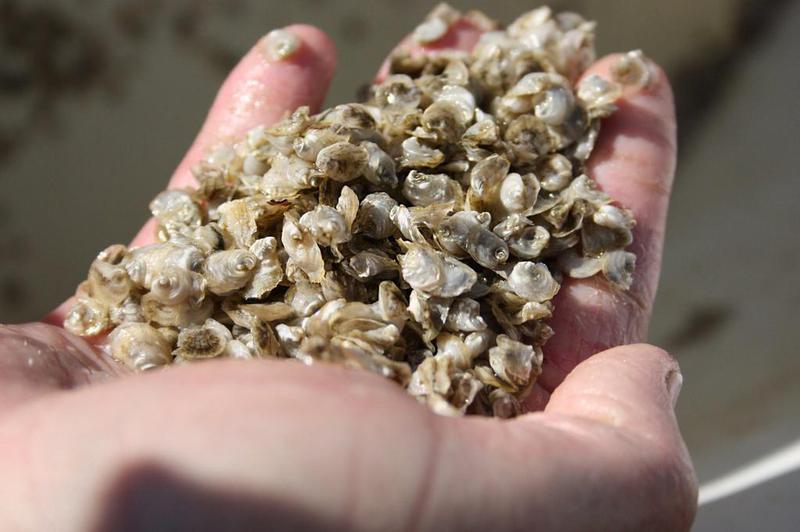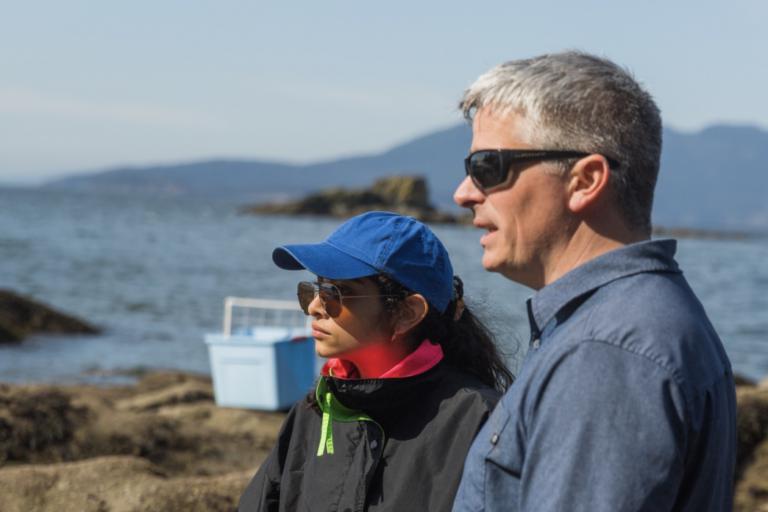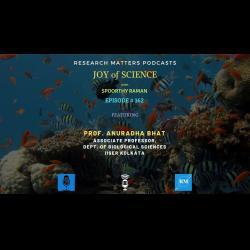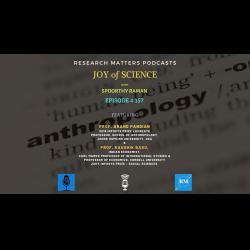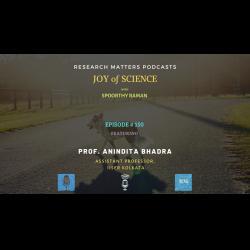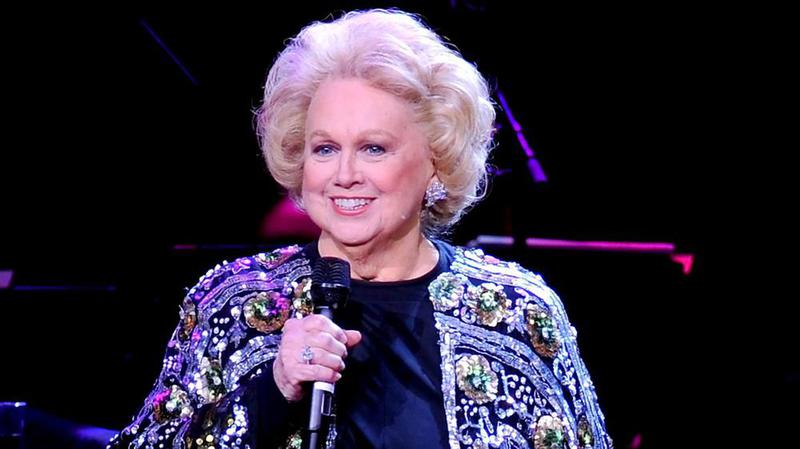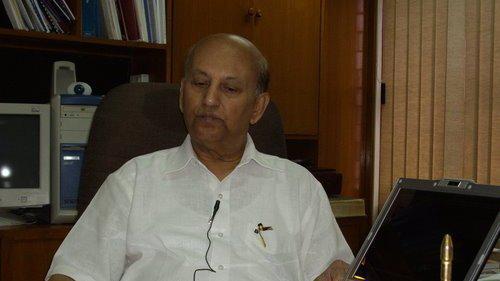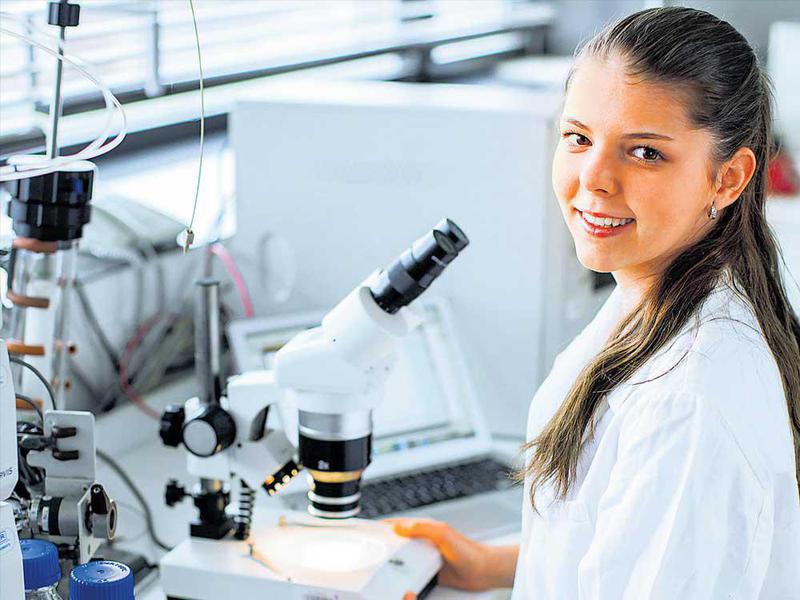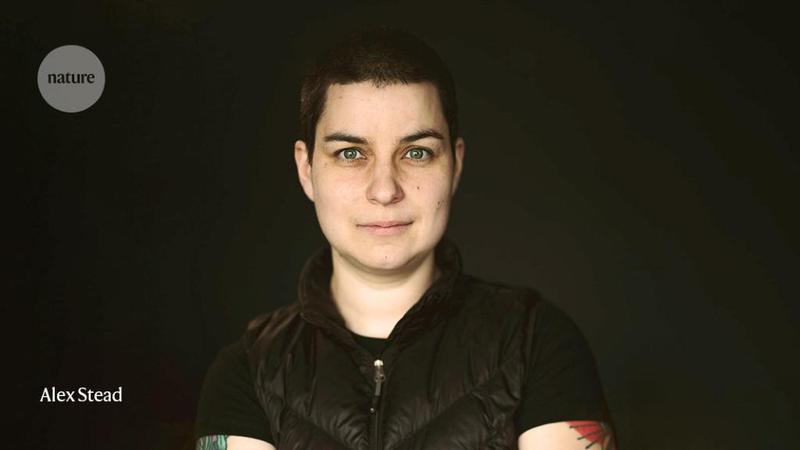
What it means to practise values-based research
Max Liboiron’s academic career criss-crossed science a few times before finding an interdisciplinary home in geography. Growing up in the rural hamlet of Lac la Biche in northeastern Alberta, Canada, where university education wasn’t common, Liboiron dreamt of being a scientist. But in 1998, when they began undergraduate science studies, they became disillusioned with their university’s push towards industrial applications of science and so gravitated towards fine arts instead. After earning a b
